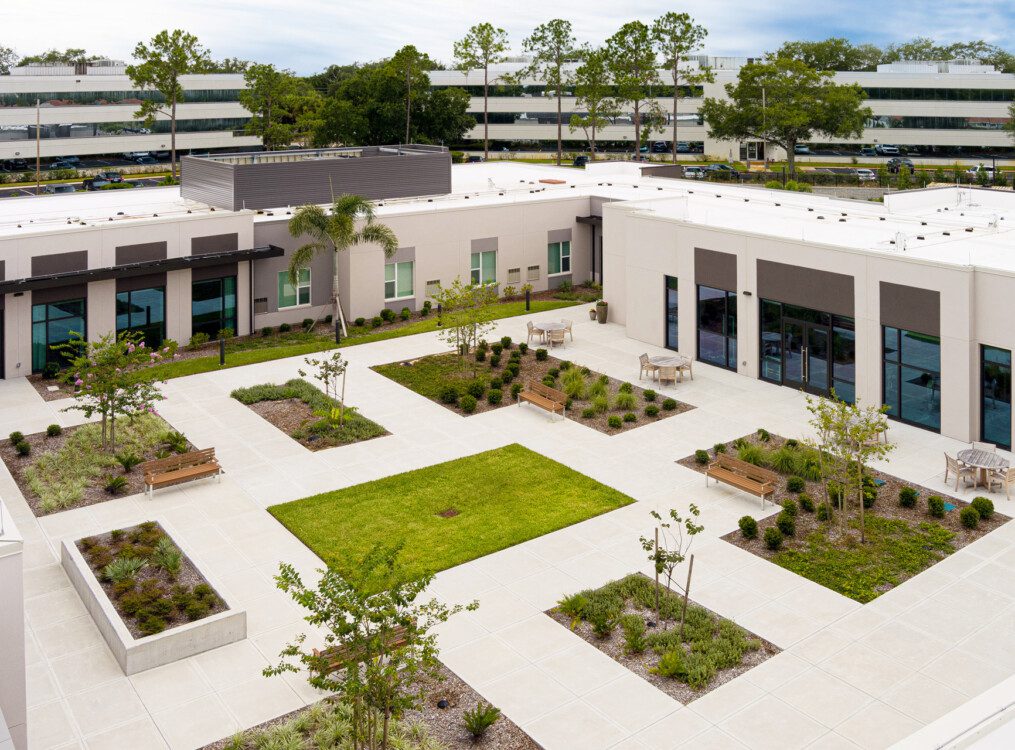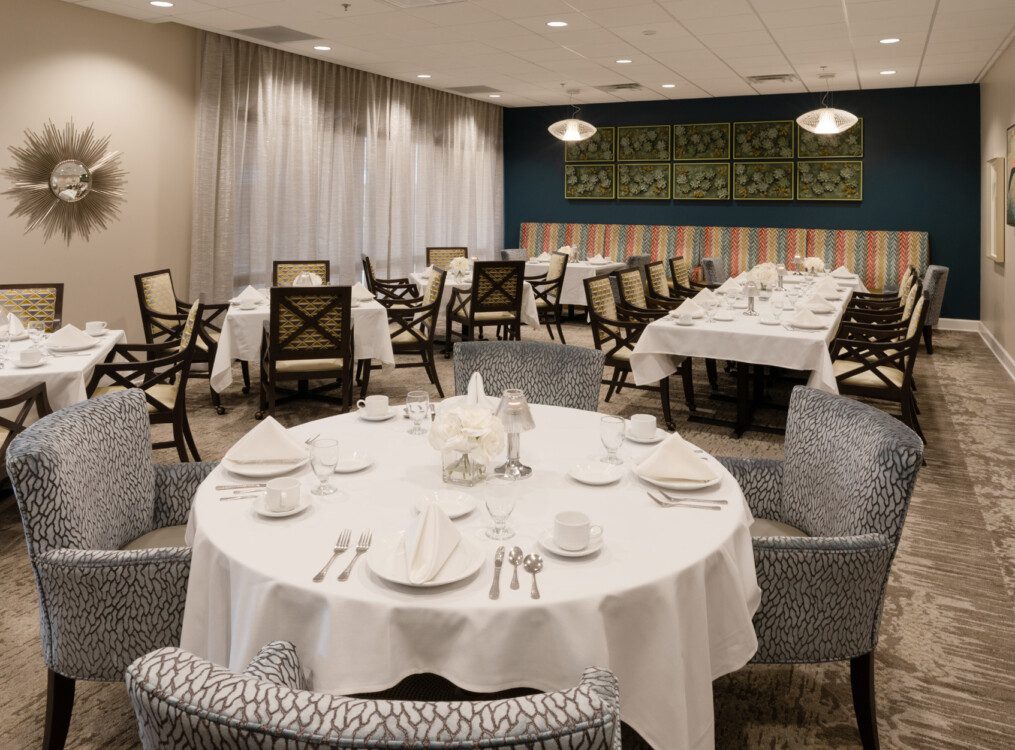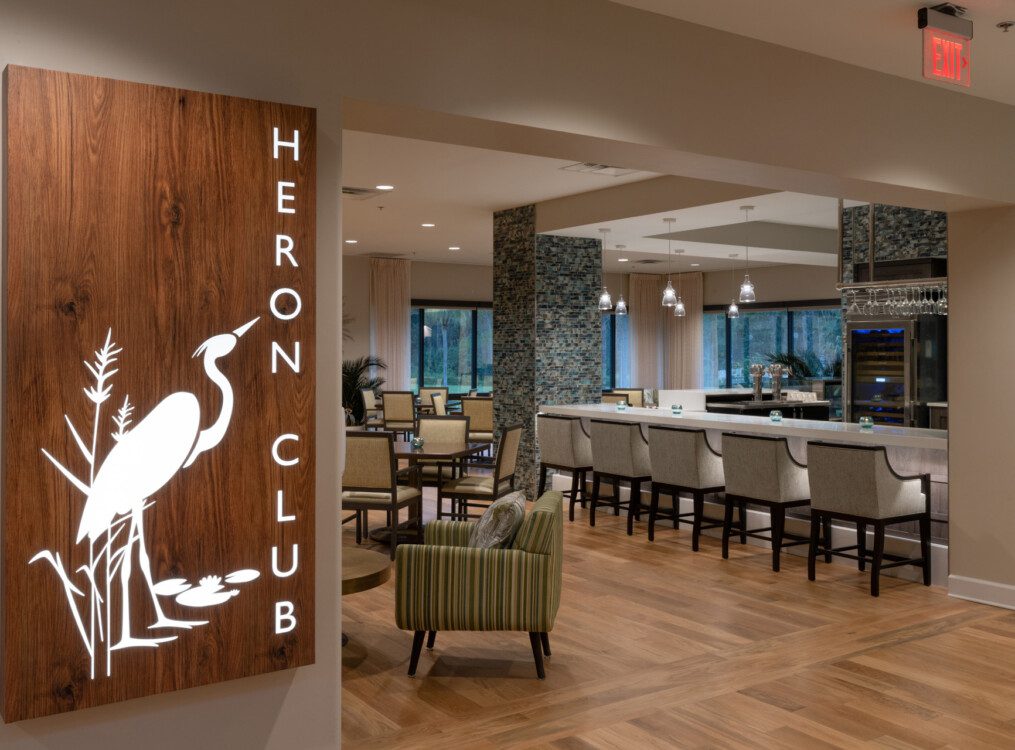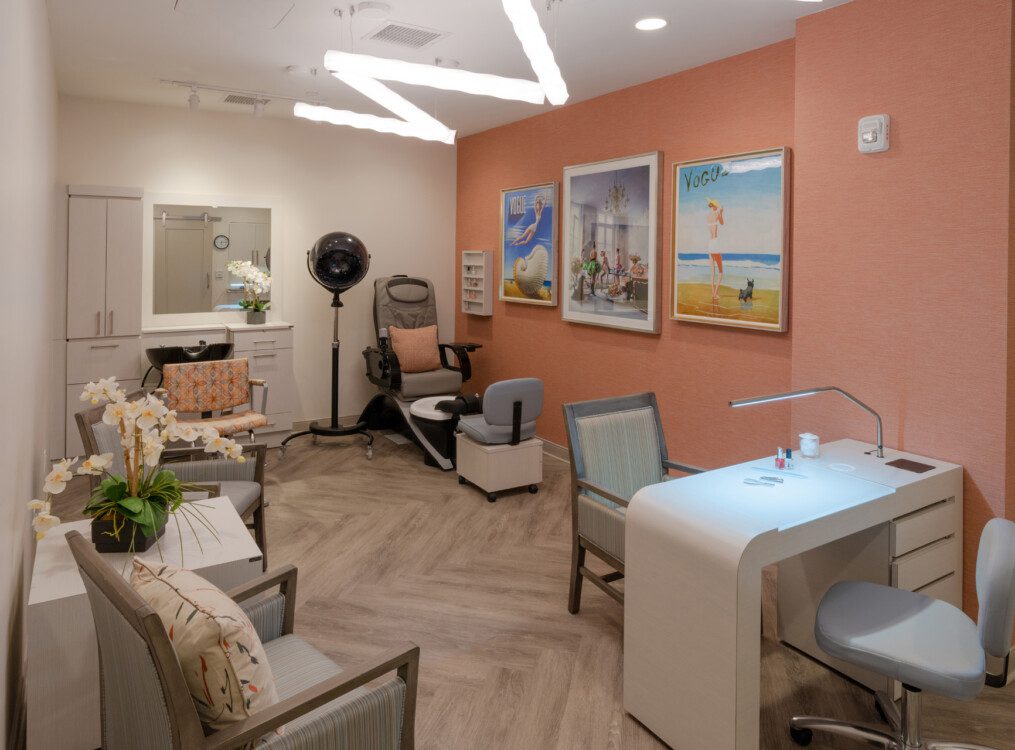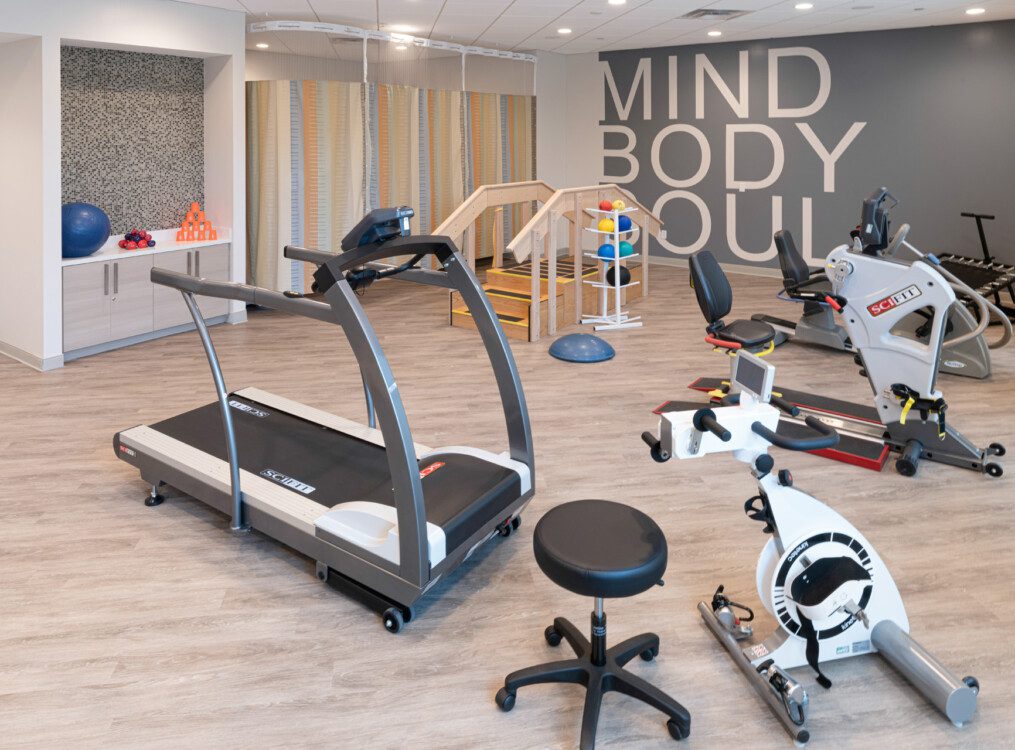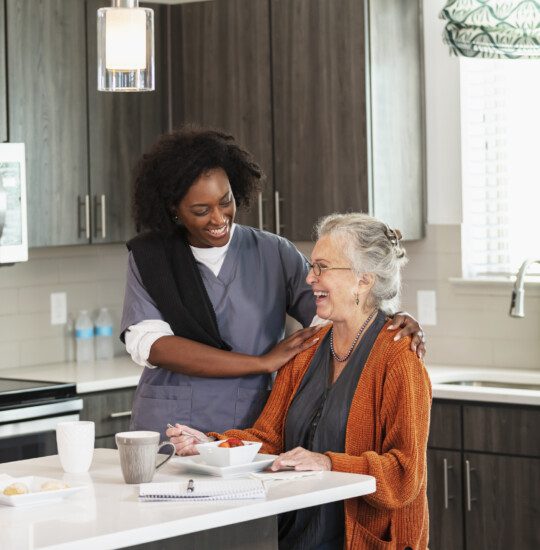
Skilled Nursing Services In Orlando, FL
Expert Care With the Comforts of Home
You never know when a helping hand will change a person’s entire life.
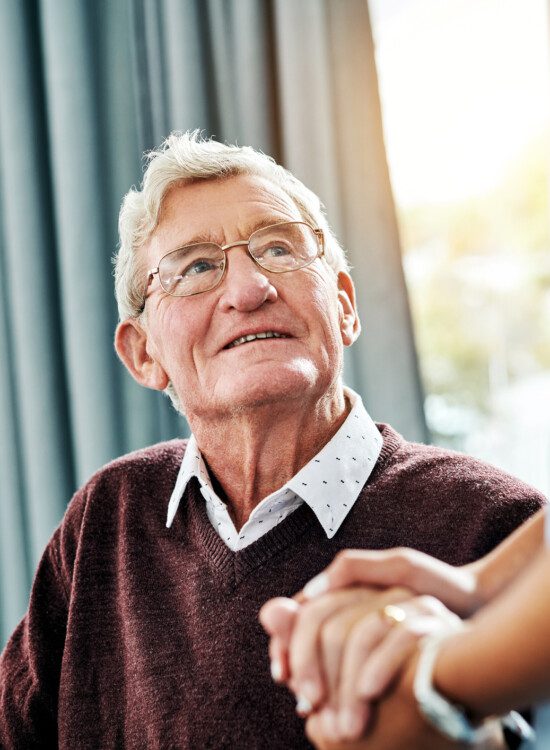
Skilled Nursing and Long-term Care
Embrace Wellness and Comfort
Skilled Nursing Services
Dedicated Care Whenever You Need
Always Here for You
24-hour care from from our passionate and skilled healthcare team
Nutritional guidance from our dedicated dietitian
Social workers to weave together all aspects of your care
Activities coordinators and programs tailored to ignite your passions and rekindle joy
Expert therapists focusing on your physical, occupational, and speech needs
Discover Our New Space
Skilled Nursing Services and Amenities
Embrace Every Moment
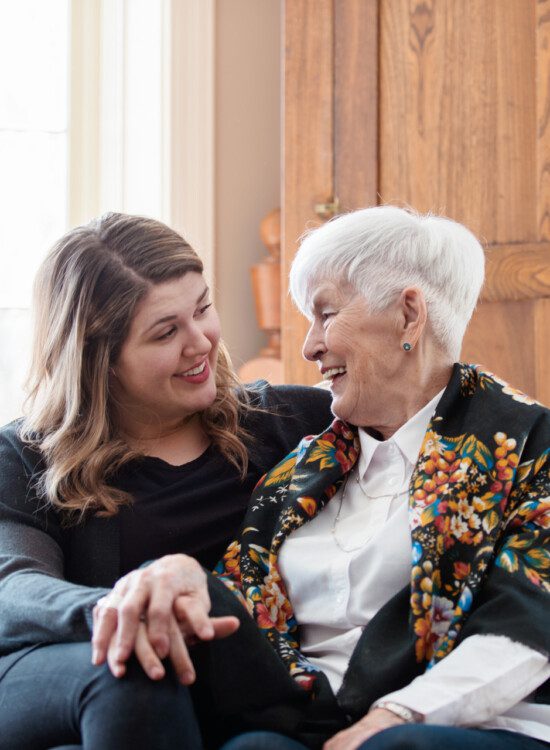
Common Questions About Skilled Nursing
Skilled care by trained professionals may be necessary after a traumatic event such as an illness or injury. Some scenarios that may require skilled care for seniors include:
- Cardiac failure
- Chronic obstructive pulmonary disease (COPD)
- Congestive heart failure
- Diabetes
- Recuperation from falls
- Hip or bone fracture
- Post-orthopedic care
- Parkinson’s disease
- Stroke recovery
Your comfort is our priority. Fill your space with cherished photos, plants, or mementos that tell your story and bring warmth to your heart.
Not at all! At Village on the Green, we accept admissions directly to our skilled nursing residences.
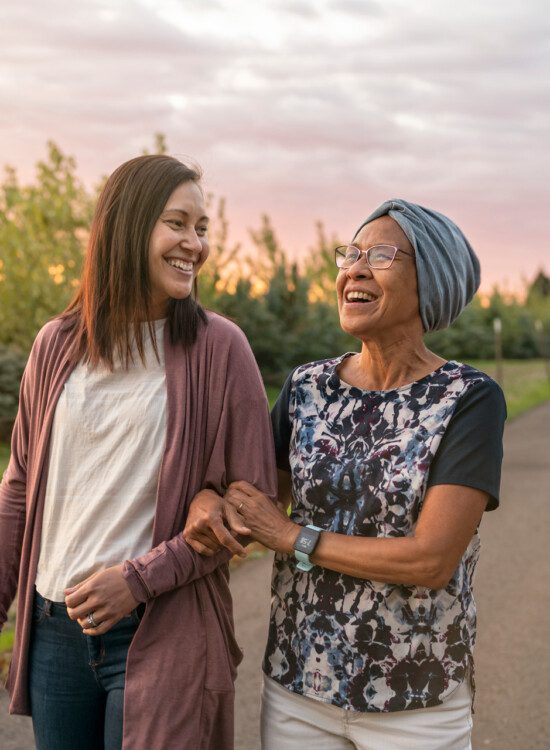
Skilled Nursing and More
Expanded Care Options
